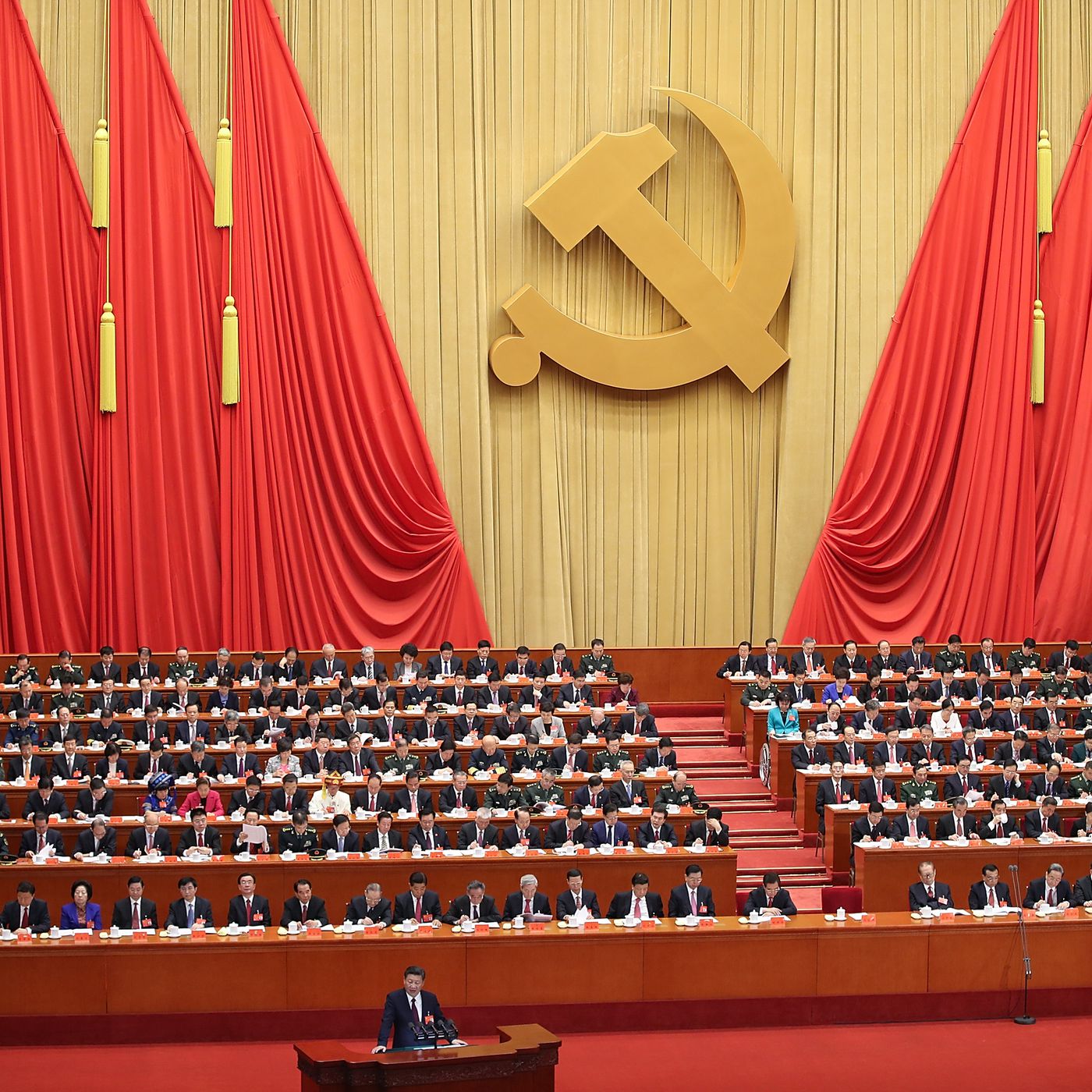By successful I mean in maintaining relative party unity, work with the masses, and thus the masses trust in the party, and political and economic stability.
With the exception of the latter years of the Cultural Revolution, the CPC has been remarkably stable, ideologically consistent, and have maintained power and dominance over the Chinese state and economy. All of this is even more impressive given the fall of communist states in Europe and the rise of western/American unipolarity.
While similar tendencies have been found in the CPSU, the rise of figures like Khrushchev, Brezhnev, and especially Gorbachev, and of course their supporters within the party, makes the CPSU appear less stable and ideologically consistent compared to the CPC. Added onto this the fact that the CPC has a much larger and diverse membership, including the national bourgeoisie.
Rather than viewing this question through great man theory, I want to know how the structural formation and process of the CPC itself maintains stability, and how it's party structure is different from the CPSU. While both parties are founded on democratic centralism, how does this manifest differently between the two? In an interview with Marxist Paul, Hakim said the ban on factions within the CPSU, while imperative during the civil war and early years of the revolution, ultimately hurt the party. He then praised the informal factionalism of the CPC: Dengists, Maoists, liberals, etc. From the outset it would appear that such a situation of factionalism should rip the party apart, but it doesn't. Why,?
Looking at the relatively young history of communist movements and parties show that many, for material reasons, were/are unable to be stable and ideologically consistent. Again, outside factors and capitalist sabotage are of course a major contributing factor, but could there be structural elements within various parties which explain, to a certain extent, their successes or failures?
Seeing the immense progress the CPC has brought their own people and, increasingly, the people of the rest of the colonized world, means we must understand how they operate. Every party and movement will be different and adjusted to their particular circumstances and material conditions, and thus copy and pasting the CPC anywhere else will not yield positive results. However, could/should the structural basis of the CPC be applied and modified to other countries and contexts?

Isolationism is my exact problem with the DPRK and Cuba. Sure it helped ya survive 70 years but eventually it's not gonna be viable long-term.
I find myself more and more politically aligned to Juche so isolationism will be the one thing I disagree with.